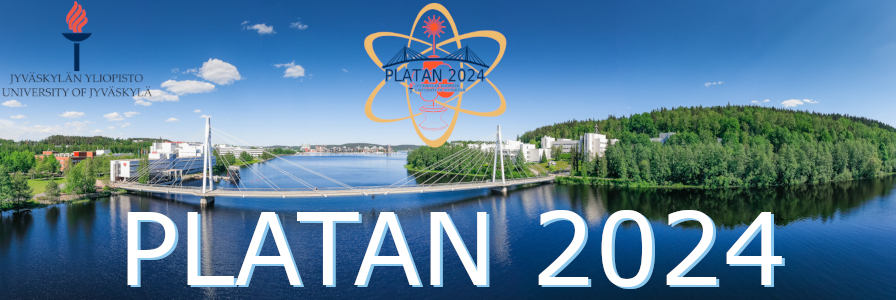Speaker
Description
Using convectional collinear laser spectroscopy techniques, the Bohr-Weisskopf effect(BWE) is frequently found to be at a similar level to the experimental uncertainty. Therefore, the study of this effect has been mainly limited to stable isotopes, where higher precision can be obtained. Despite the limited information, this effect could in principle provide significant new information on both the composition of nuclear magnetism and its spatial distribution. At the VITO beamline at ISOLDE, a new programme of research into the BWE has been initiated. Here, a new beamline end station is under construction, in which laser-rf double resonance will be performed. Using this technique, the resolution required for the widescale study of this observable will become available. In this contribution, the developments undertaken will be reviewed and recent results on the BWE presented.

